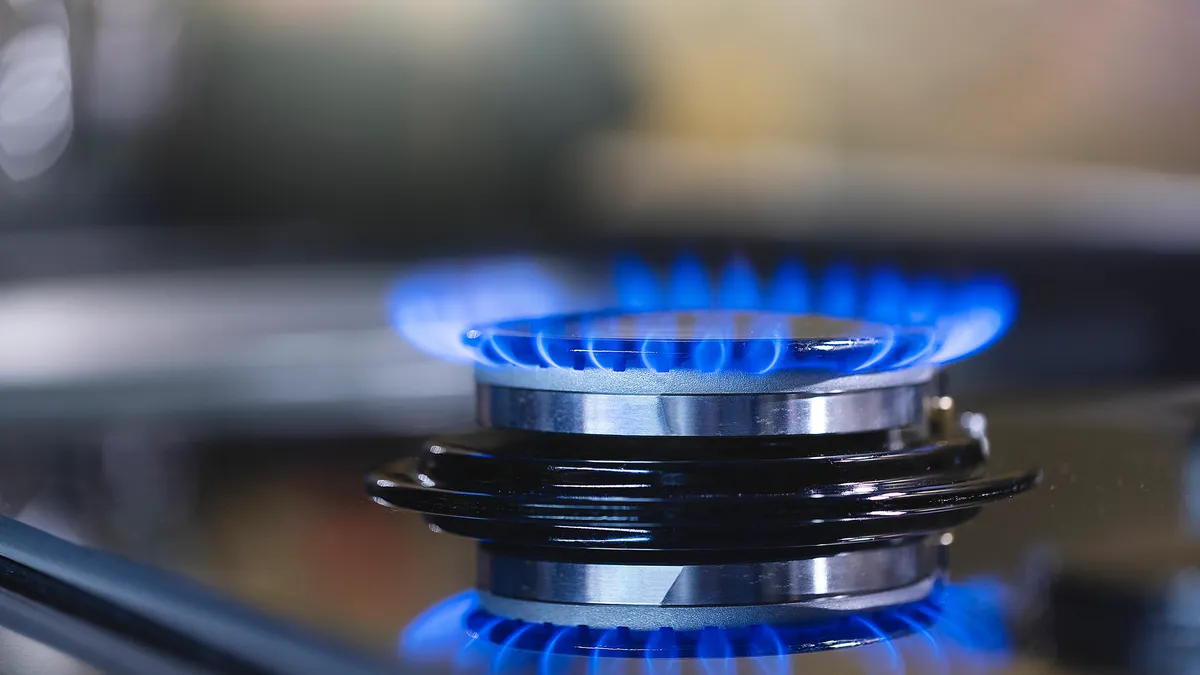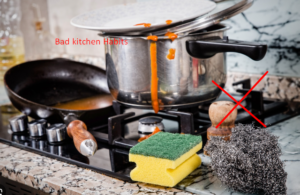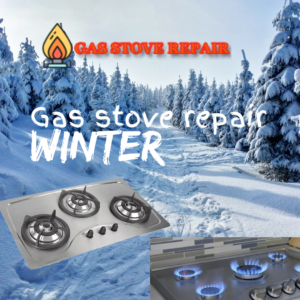Some time everything is OK but suddenly your stove stop working and you get stuck in kitchen don’t worry our stove repair machines give support on mobile just call our customers care no and you get immediately support you may get peace on the phone no any charges applied we applied charges only when our technician give Doorstep service
Whether may be cause of your problem and on the phone we provide you some tips to repair your gas stove
Tips and tricks are very simple and very easy process do not need you as very expert technician even laymen can we follow our advice on phone and repair the stove very easy
Some time over heat and cold mai v cause of low flame
In the rainy season moisturizer is maybe effects on your gas flame performance
- Temperature: Extreme cold or hot weather can affect the efficiency of a gas stove. In very cold conditions, it may take a bit longer for the stove to ignite or for the flames to reach their full strength. Conversely, in very hot weather, the gas pressure may drop slightly, affecting the flame intensity.
- Altitude: Gas stoves can perform differently at high altitudes compared to sea level. At higher altitudes, where the air pressure is lower, gas stoves may require adjustments to maintain optimal performance. Some stoves have altitude adjustments to compensate for this.
- Humidity: Humidity levels in the air can impact the combustion process. High humidity may affect the efficiency of gas stoves slightly, but it’s usually not a significant concern for most users.
- Wind: Strong winds can disrupt the flames on a gas stove, making it challenging to cook outdoors. Wind shields or cooking in a sheltered area can help mitigate this effect.
- Ventilation: Weather conditions, such as heavy rain or snow, can affect the ventilation of your kitchen or cooking area, which is important for the proper operation of a gas stove. Ensure that your kitchen has adequate ventilation, and if it’s affected by weather, address any issues promptly.
- Gas Supply: Severe weather events, like storms, can sometimes disrupt gas supply lines, leading to a loss of gas service and, consequently, the ability to use your gas stove.
While these weather-related effects are generally minor and should not pose significant problems for most users, it’s essential to be aware of them and take appropriate precautions if necessary. Regular maintenance of your gas stove, including cleaning burners and ensuring proper ventilation, can help ensure consistent performance regardless of weather conditions. If you encounter persistent issues with your gas stove due to weather or other factors, it’s a good idea to consult a qualified technician to assess and address the problem.




